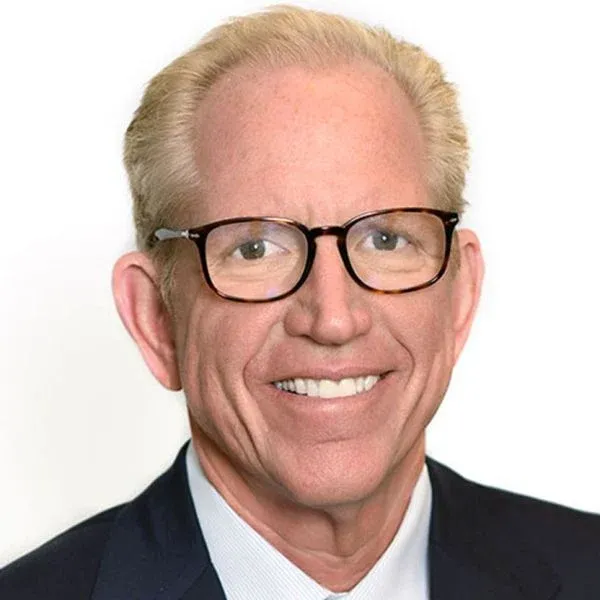
Concerned about the planet's environmental and demographic problems, economist Kenneth Boulding proposed in the 1960s the concept of Spaceship Earth. His proposal alluded to a planet that is finite, on which all of humanity travels.
In recent decades, there has been a growing concern about the planet's environmental limits. Economic growth has been accompanied by the degradation of biodiversity, the destruction of the ecosystem, increasing global warming, and more pollution, with serious consequences for the well-being of all living beings on the planet, including humans. These problems are not only threatening the well-being of future generations, but they are also deteriorating the well-being of present ones.
A finite planet makes it difficult to attain unlimited economic growth. Humankind is now facing two major challenges: How must the increasing environmental problems be addressed? And how can economic growth be sustained?
It is necessary to promote a sense of community and to foster human relationships.
But there are greater challenges ahead; it is important to recognize that there are also human limits to economic growth. Maintaining economic growth is becoming more difficult, and it is even more difficult to do it within a context of environmental worsening. Humankind is being asked to implement major social and economic transformations to deal with these problems and to do so immediately. Terms such as resilience and adaptation have become commonplace in public discourse. It is assumed that human beings are easily malleable and that they can, without any difficulty, adjust to accelerated rhythms of life, to greater competition, to processes of productive relocation, to the breakdown of their relationships with friends and colleagues, to the disruption of family bonds, to the depersonalization that accompanies life in overcrowded cities, to upholding consumption patterns beyond their purchasing possibilities, to participating in status races where aspirations are always moving upward, to the labor and income vulnerabilities that accompany globalization, to the loneliness that comes with uprooting and the breaking of relational ties, and so on.
Indeed, the great transformations that are being proposed demand too much of human beings. We currently have technology worthy of gods, but, as Edward O. Wilson points out, we still have an emotional system from the Paleolithic. Human beings are not capable of easily adapting to such increasing demands, and there are high well-being costs in doing it.
Growing demands and accelerated transformations create uncertainty and threaten the well-being of human beings. As the poet Luis García puts it, "True nostalgia, the deepest one, has nothing to do with the past, but with the future." The problem with an increasingly uncertain future and with an increasingly demanding present is that it threatens human well-being.
Concerned with the problem of suicide, French sociologist Emile Durkheim introduced the concept of anomie, which refers to situations where the future is no longer what it used to be and where uncertainty is the norm. Durkheim showed that anomie deteriorates mental health. Thus, we are currently facing not only environmental problems but also mental health ones that threaten people’s well-being.
It is necessary to find new ways of generating well-being that are environmentally and humanly friendly. Recent subjective well-being research points to the relevance of person-based interpersonal relationships. It has been shown that genuine, selfless, and warm human relationships are one of the biggest drivers of people’s well-being. These relationships take place in close social environments—such as family and friends—where people know each other well and where appreciation and acceptance do not depend on what people produce or consume, but on long-standing bonds that create a sense of community.
To face the environmental and mental health challenges of the present and to do it in a well-being enhancing way, it becomes necessary to recover Boulding's original idea: We all travel on the same ship, and we face a shared destiny. It is necessary to promote a sense of community and to foster human relationships. The social transformations and economic reforms to be implemented must be family- and community-friendly.
Humankind is facing many threats. How do we deal with them? Like young kindergartners when crossing the street, it is important to face major threats by going hand in hand. This is the role of the sense of community.
















